AI and creativity: Reaching for the right story
Going beyond boring binaries to explore the role and meaning of AI for creativity.
There are, broadly, two dominant ways of thinking about how the rise of generative AI will impact human creativity:
AI will supercharge our creative powers, reducing the gap between imagination and production, helping us solve problems, and opening up entirely new creative possibilities.
AI will degrade human creativity - people will stop thinking for themselves, creative crafts will be devalued, and culture will be dominated even more by mediocre sludge.
This all exists in a broader utopian/dystopian discourse around AI. Accelerationists versus doomers. AI as saviour, or AI as Satan rendered in code.
As with any new socio-technological development, nobody really knows where AI will lead us, but it’s a fairly safe bet that it will be neither universally great, nor universally awful. The truth usually lives in the murky middle. Some prefer to downplay the importance of AI altogether, but its impact is already far-reaching, and we’re only just getting started.
Imagination machines
As soon as I began playing with Stable Diffusion last year, I found myself thinking of these new image generation tools as “imagination machines”. The writer, game designer, and play theorist
calls them “imagination extenders”. What makes them interesting, and potentially powerful, isn’t their ability to simulate the work of an illustrator / graphic designer / photographer. It’s the way they can manifest an idea visually, which then makes it easier to play with and develop, or simply gives it a place to live outside your crowded mind - like a new form of “notebook or dream journal”.If you do want to simulate the work of an illustrator / graphic designer / photographer, or produce anything worthy of being called art, then the outputs are only as interesting as the prompts that powered them. Here’s what ChatGPT thought would be a good image for the paragraph above:
Pretty lame eh?
Here’s what DALL-E3 produced when I crafted the prompt myself, then conversationally iterated on the output:
Better, I hope, but still a bit “look mum I just made a picture with AI”.
When I’ve played with DALL-E3 in a more freestyle, open-ended fashion, I’ve found my way to some pretty cool results…
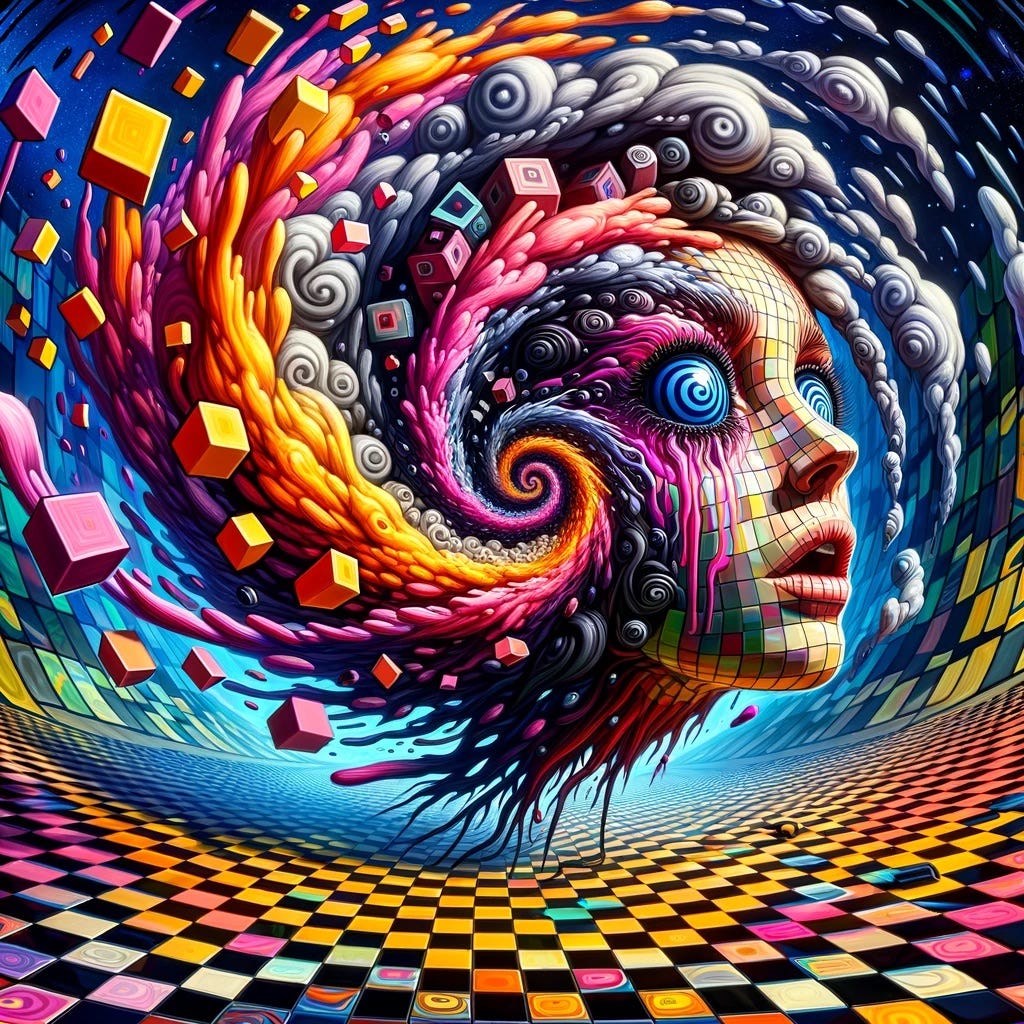
If you want to see genuinely interesting AI art, there are far more talented artists than me doing many weird and wondrous things. Veteran pop artist Peter Blake has been embracing AI too, viewing it simply as a novel tool, “no more important than the pencil or the brush.”
What about AI writing? I was pretty pleased with myself when I asked ChatGPT to write a sneering LinkedIn post about its own irrelevance back in late 2022, and it described AI as having the finesse of a drunken sailor dancing on a tightrope. A metaphor simply begging to be visualised, I’m sure you’ll agree.
But now that I’ve spent more time experimenting with it as a writing tool, and now that the novelty of asking ChatGPT to write poetry or talk like a pirate has worn off, I recognise there’s an inescapable deadness to its output that not even the most ingenious prompts can reliably fix. It’s bound to improve, but will it ever be good at making us laugh, or cry?
Creativity? Completed it mate
Clearly, generative AI has all sorts of weaknesses compared to humans. And yet…
Text-based large language model (LLM) tools like ChatGPT can already beat human tests for creativity. As reported by the Wharton professor and AI enthusiast
, “GPT-4 beats 91% of humans on a variation of the Alternative Uses Test for creativity and exceeds 99% of people on the Torrance Tests of Creative Thinking”.Are these tests flawed? Sure. But AI has also beaten humans in practice:
Researchers at Wharton found that GPT-4 “generated more, cheaper and better ideas” than students in a class that has historically led to many start-ups.
Researchers at Harvard Business School found that GPT-4 generated similar quality ideas to humans in response to a circular economy brief, but the AI ideas were judged to be more feasible and impactful, if less novel.
Researchers from University College London and University of Exeter Business School evaluated the creative value of AI in writing short stories; humans with AI help wrote stories that were judged more novel and more interesting than those written by humans alone.
Researchers at INSEAD business school found that human-guided AI could, in just 60 minutes, produce a strategy “very similar to, and in some respects more original than, one that a team of INSEAD MBA students took a week to put together.”
I joked that this last study might tell us more about MBAs than AI, but for me this body of research indicates a few things:
AI has a role to play in creative work, both in business and in the arts.
AI’s success vs humans across a range of creative tasks can be read as yet another signal that human creativity is in decline - we’re easy to beat because our creative muscles have been atrophying for decades.
We need to get better at articulating what we mean by “creativity”.
What’s left for humans?
Is it so over for human creativity? I don’t think so. The ideas in the studies mentioned above haven’t been tested in the real world. Maybe the judges all just have terrible taste! But even if all the ideas are in fact flawless, AI doesn’t have creative autonomy. It’s trained on human data, it’s responding to human prompts, and its outputs are judged and refined by humans.
Nevertheless, the research does invite deeper reflection on what the longer-term limits of AI might be, and what aspects of human consciousness might remain beyond emulation.
The healer and artist
argues that AI can “replace our mechanised intellect but not our embodied intuition, which is rooted in the very structure of our protoplasm. A single bacterium has capabilities that even the largest supercomputer cannot fully replicate.” He suggests that “as we progress, we uncover the forgotten computational capabilities of our own bodies, our own ecosystems. We find that we are the computer we have been waiting for.”In the same conversation, the author and essayist
adds that “the sense of embodiment can never be simulated.” Expanding on this, he says:“If there are elements of reality that are fundamentally qualitative, irreducible to data, then AI will always bear limits. We may attempt to remedy its deficiencies (what the data leaves out) by collecting ever more thorough and precise data, but we will never break through to the qualitative. No amount of quantity adds up to quality.”
This is at odds with the Enlightenment idea that everything real is measurable. But I’m with Eisenstein when he suggests that assumption is flawed. The limits of scientific materialism will “become more obvious, not less, as the latest extension of quantitative intelligence that we call AI, despite its wonders, fails as did its predecessors to solve the real problems of the human condition,” he says.
Like I’ve said before, human nature isn’t a maths problem. Or, in the words of the astrophysicist Ethan Siegel, “mathematics will get you very far in this world, but it won't get you everything.” Here’s Ethan btw:
Consciousness (and creativity) are contextual
Eisenstein points to “4E theories of consciousness” (embodied, extended, embedded, enactive) that have replaced older computational models in the last decade.
Embodied: Our mind is not just in our brain but is deeply influenced by our body's interactions with the world.
Extended: External tools and technologies can become extensions of our cognitive processes. The 'extended' mind can also include other people and minds. This idea aligns with theories like distributed cognition, which propose that cognitive processes can be distributed across members of a social group.
Embedded: Our surroundings influence our consciousness.
Enactive: Our actions shape our consciousness; experiences shape our understanding of the world and ourselves.
Large language models can mimic some aspects of human cognition, but they’re not embodied (for now). They’re also not embedded; currently, at least, AI systems are limited in their ability to fully integrate and adapt to a complex, ever-changing social and cultural world.
As for extended? Now that ChatGPT has plugins and can browse the web in real-time, it feels pretty extended to me. And enactive? OpenAI must be doing something with all that user feedback, right?
To be clear, I’m not suggesting ChatGPT or Bard have anything we should think of as consciousness. AI will always “fall far short of the human being or human collective in applying intelligence to anything that cannot be computed,” according to Eisenstein.
But what about AL? What about artificial life?
A distant wave gathers pace
When I say “artificial life”, what images or associations are you getting? Maybe it’s “creeping slime creatures with malevolent intentions or super-cute designer pets”? Or maybe you went straight to replicants?
So far, the reality is more like nanomachines made of DNA and peptides that can drill through a cell membrane or artificial cells that can communicate with marine bacteria or the first ever synthetic chromosome.
The full sci-fi stuff is so remote as to be unworthy of serious discussion, right? ChatGPT thinks otherwise:
Artist duo the entangled others have explored this sense that we’re on the edge of a shift that could forever change how we understand words like “life”, “creativity”, and “consciousness”. Their project, intertidal samples, explores the “intertidal area of artificial life, seemingly isolated and defined, but patiently waiting for the chance to blend into something greater” 👇
It’s certainly not impossible to imagine a world where synthetic lifeforms are infinitely more capable and adaptive than any tech we have today. How would we choose to use their god-like imaginative abilities and problem-solving skills? How would they want to use them?
This might be a world where creativity is something humans engage in only for its own sake - for the states of flow and the opportunities to express ourselves and connect with others. For the simple nourishing joy of play and discovery, whether artistic, scientific, or both. But it could also be something much darker.
A story of wholeness
Discussions about AI continue to collapse into binary narratives. It’s either a force for good or evil. It either changes everything, or it’s massively over-hyped. It’s either our ally, or our enemy. The truth is never that simple.
Whilst it’s right that we ask what’s lost when we surrender creative processes to a machine, Charles Eisenstein encourages us to also ask “what might be gained? What new directions might we direct human intelligence toward?”
Freely says we need a “story of wholeness that encompasses AI and all that has led to it.” We need stories that “feed the best-case, not the worst.”
I’ll be foraging for, and maybe imagining, more of those stories as we enter another year that’s sure to warp our ideas about work, creativity and consciousness in weird and unpredictable ways.





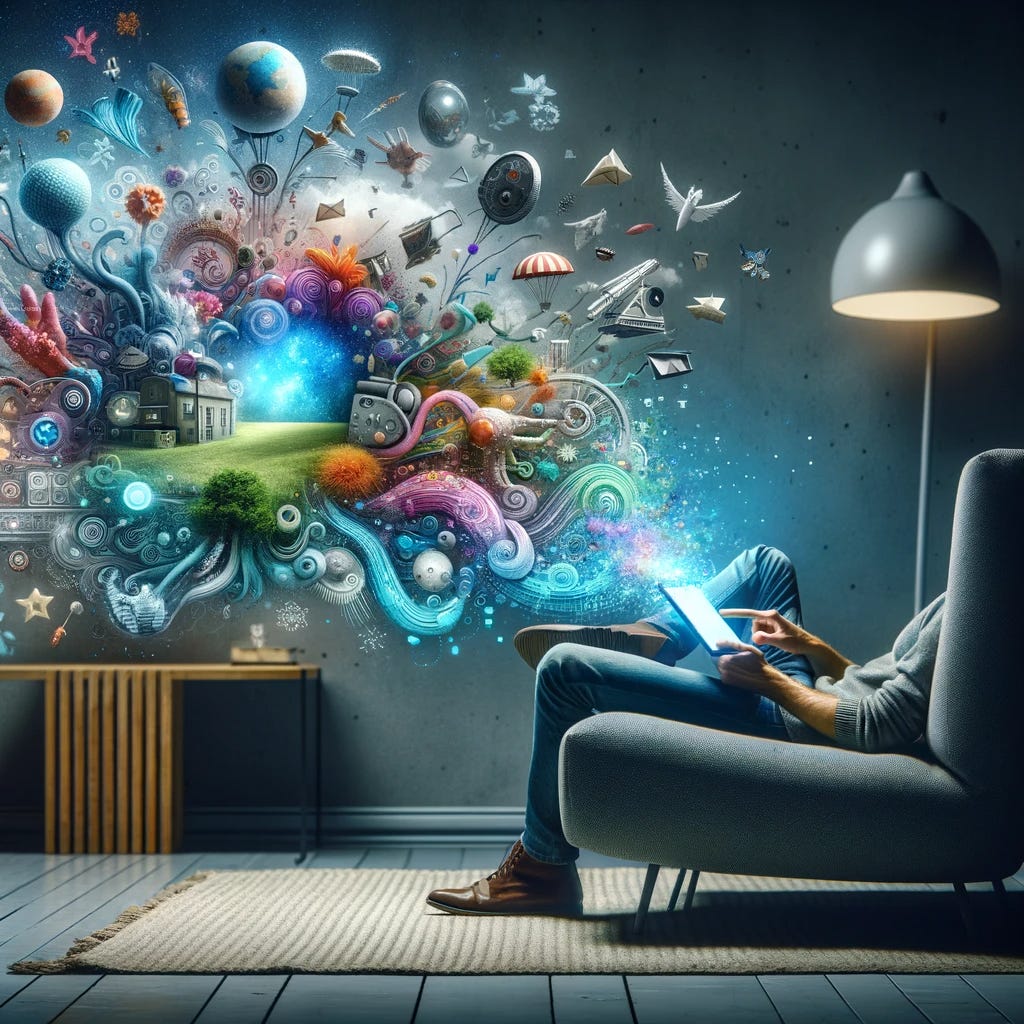
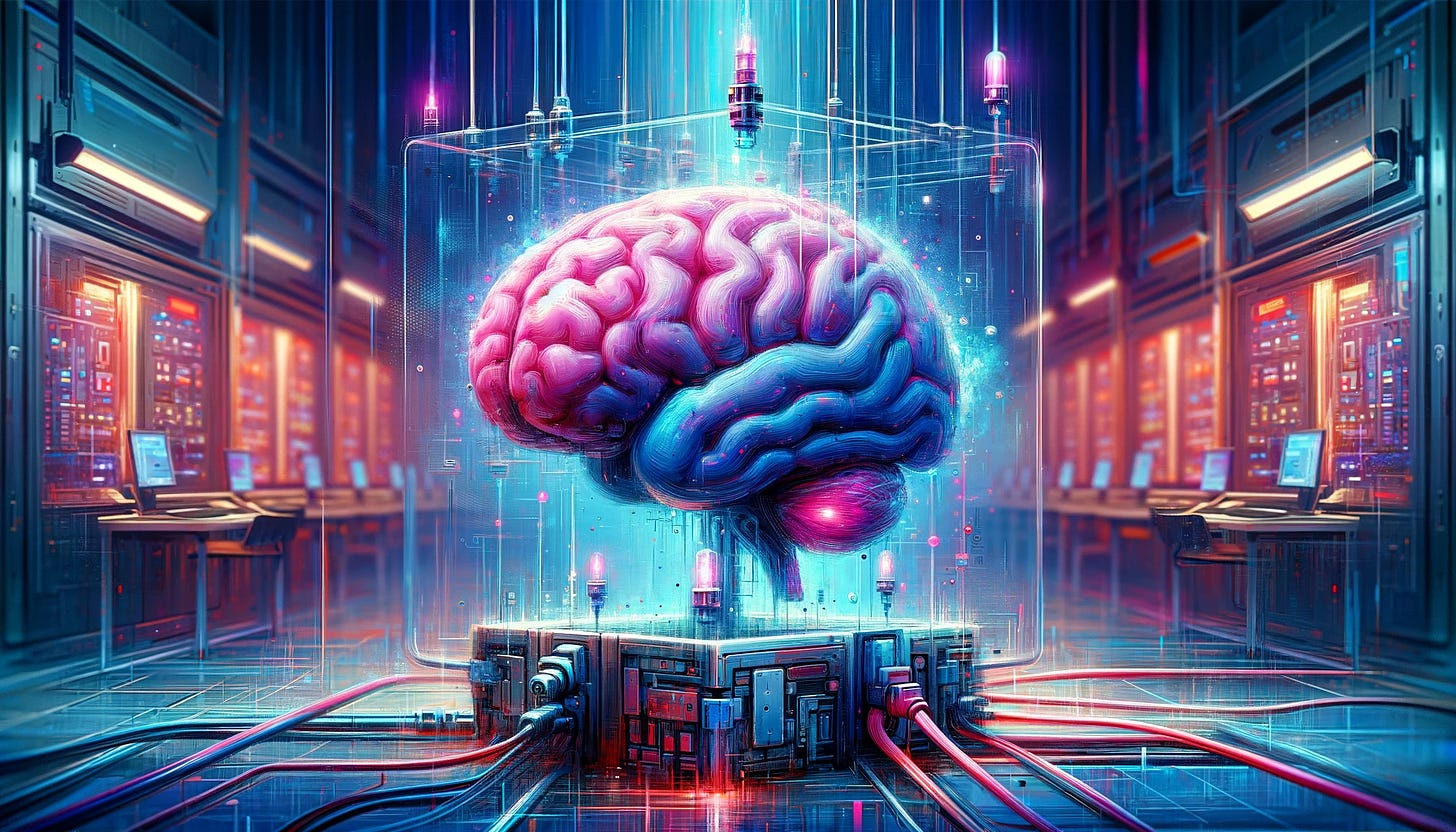
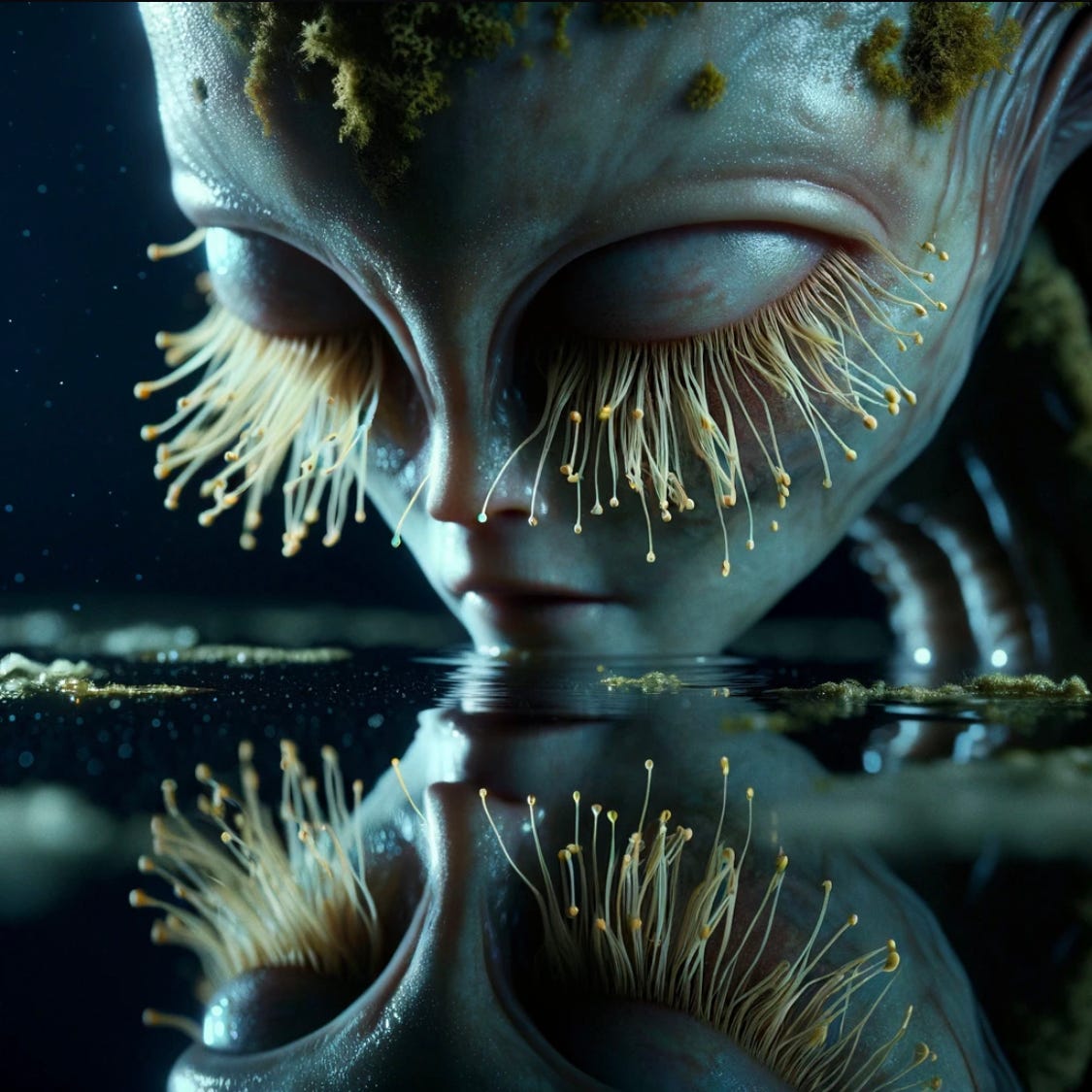

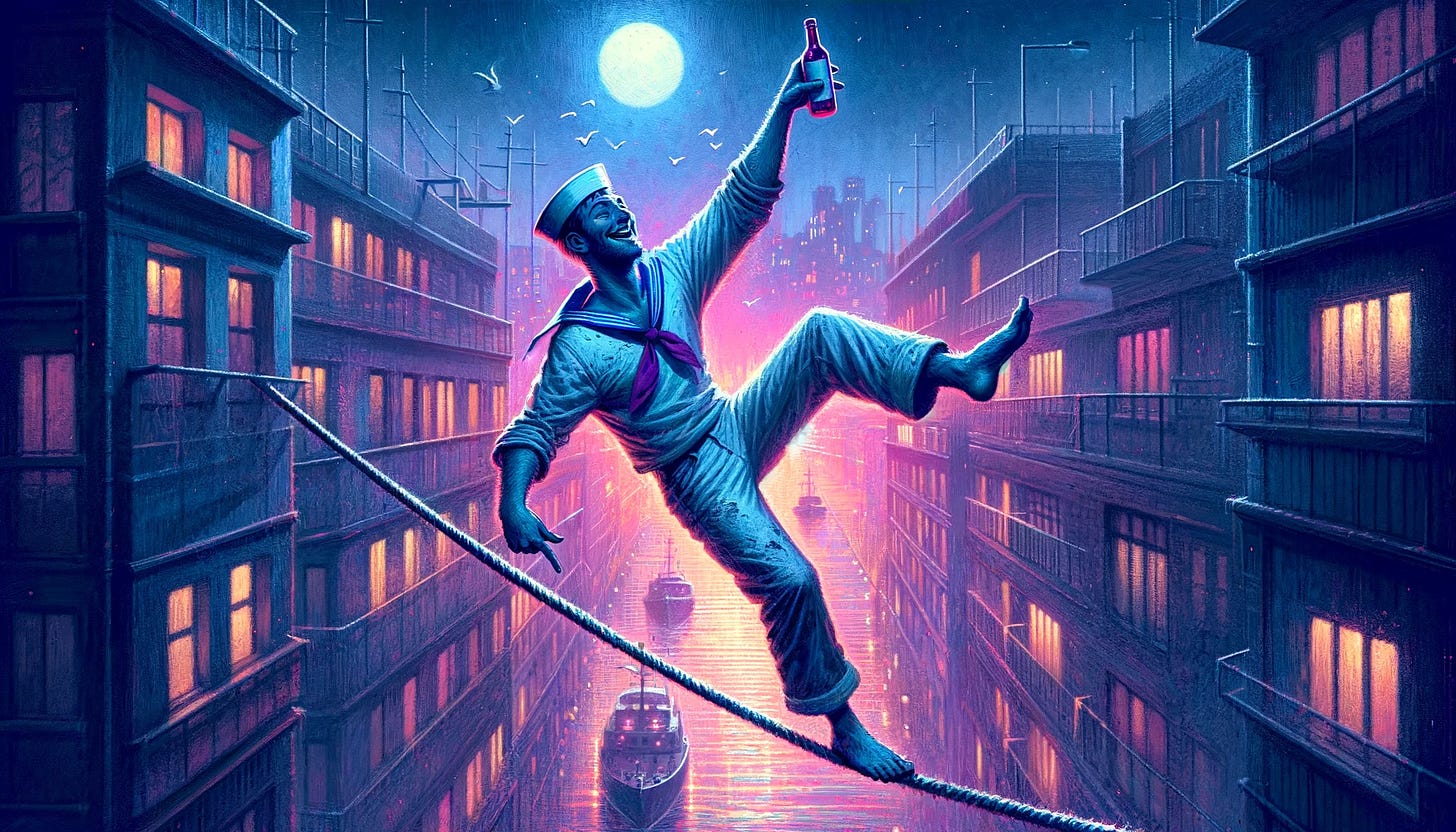
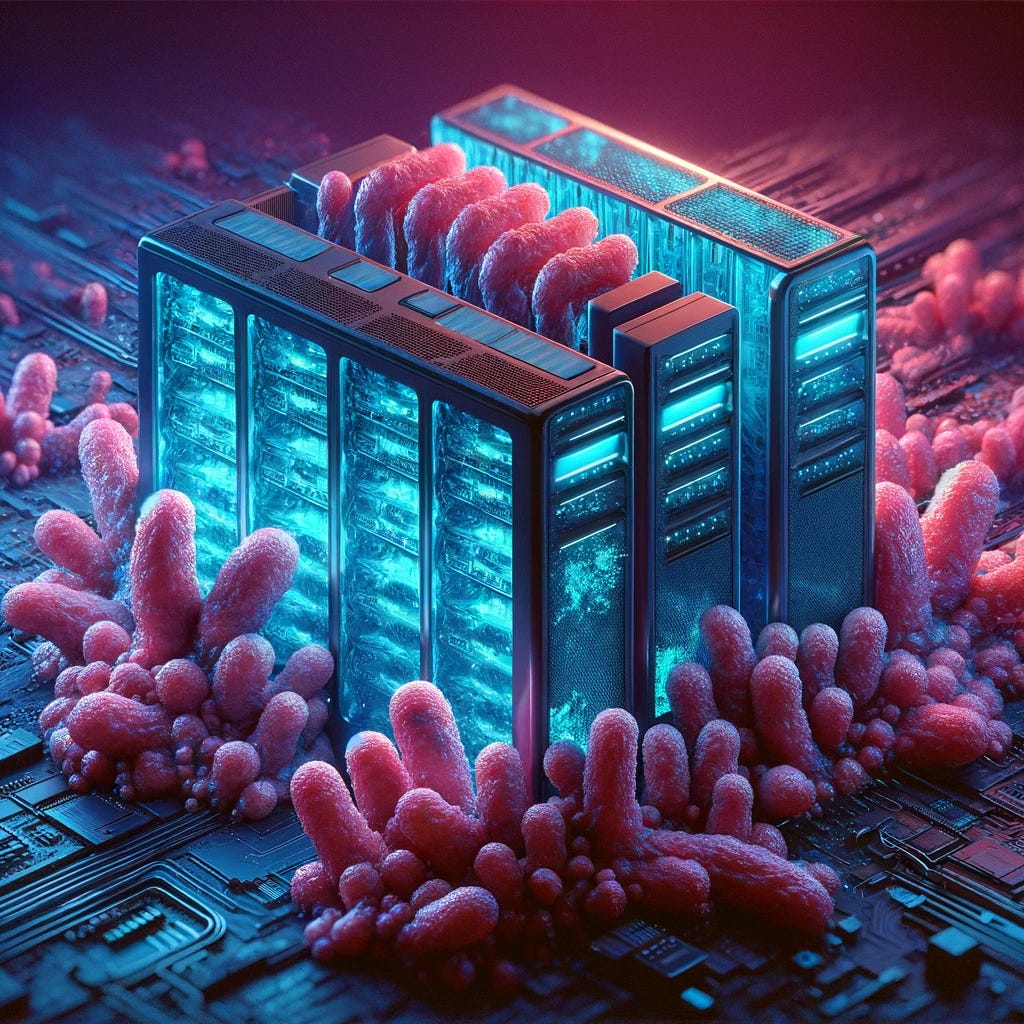
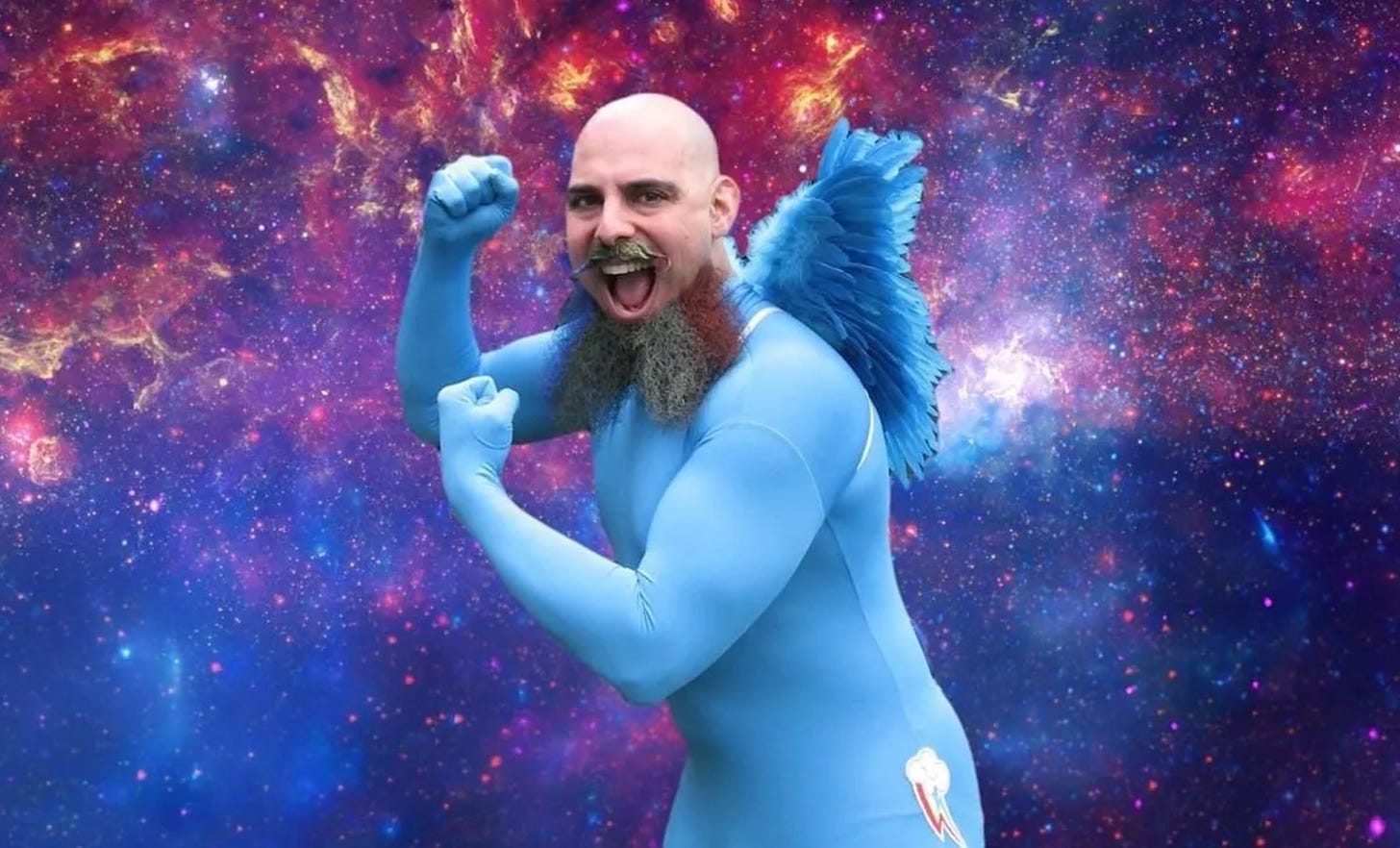

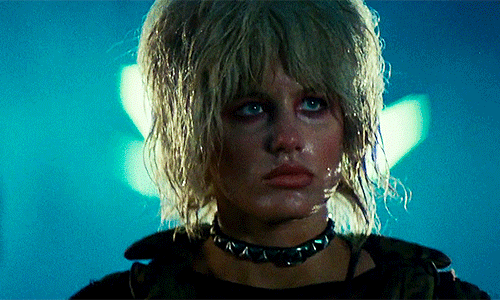
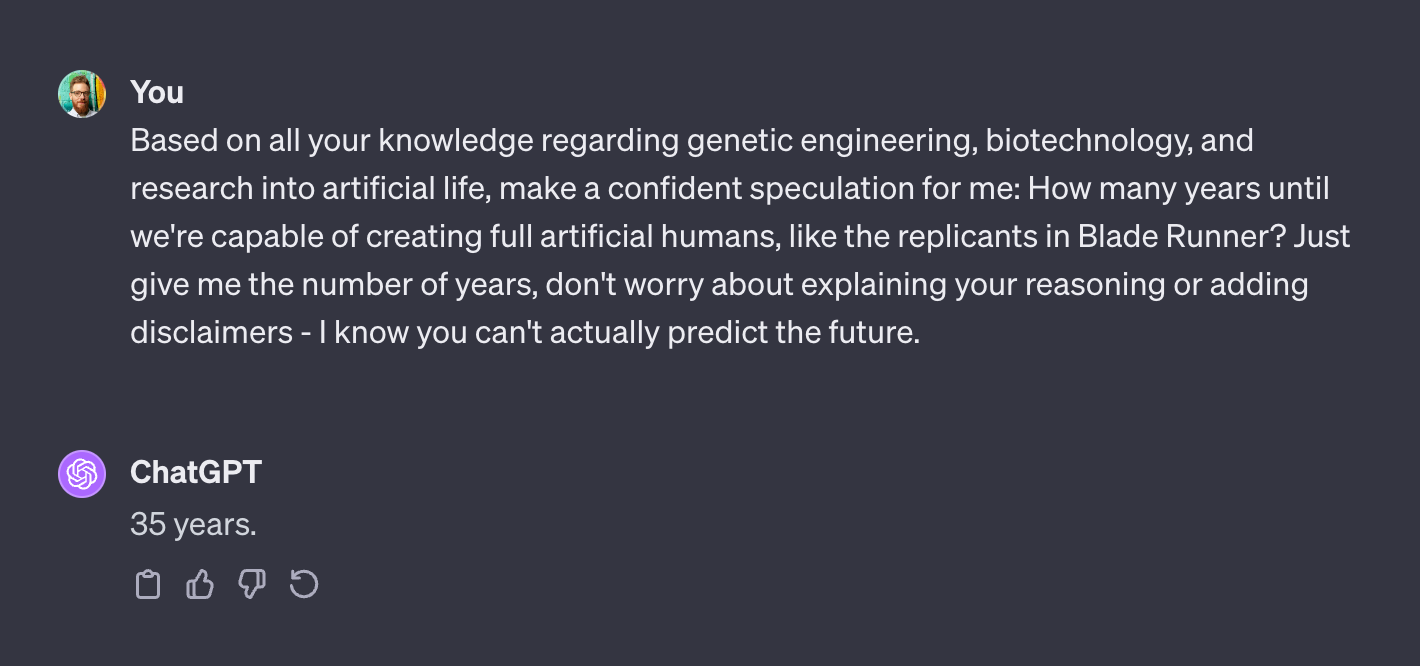
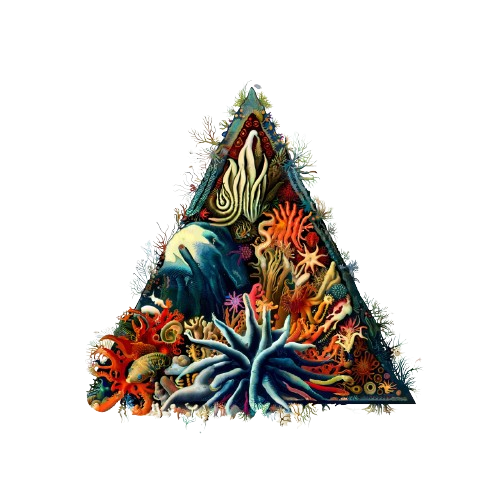
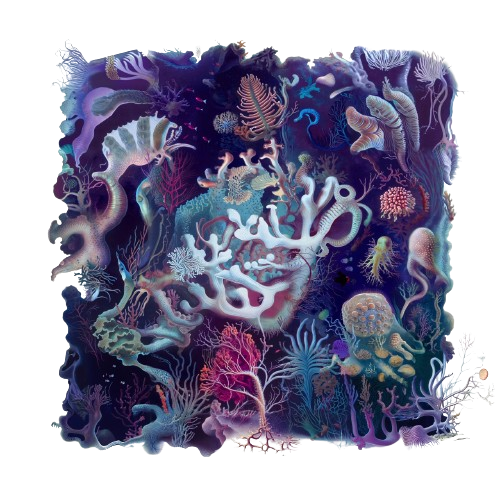
All I can say is "ugh." As though AI will remain on your computer screen as a toy you play with and nothing else. As though all it will do is challenge our ego-based notions of human creativity and nothing else. As though it won’t pervade EVERY aspect of our lives within 5 years, destroying everything it touches. As though it won’t become embodied in advanced robots that will be harnessed by technodictators around the world within ten years. As though it won’t become a singleton world governance system squelching human freedom and eventually life, within 10-15 years.